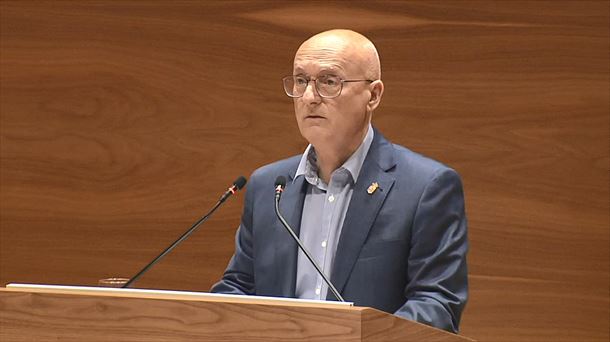To date, some 42 billion euros in corona aid has flowed during the corona pandemic. These include short-time working and additional health care costs as a result of Covid 19 vaccinations and tests. Spending is already falling because, among other things, fewer companies need help.
The 42 billion euros is “an enormous amount,” said Finance Minister Magnus Brunner (ÖVP) on Monday. However, it cannot be the task of the state to “sustainably absorb the decline in turnover”.
Less labor costs
That’s why Brunner and his team took measures of four billion euros against price increases and inflation. “Recently, fewer and fewer companies have had to seek help because of the pandemic,” Brunner said. Compared to the previous year, less money was spent on short-time working due to lower take-up, unemployment benefits, unemployment benefits and pension and health insurance.
paid too much for health
By contrast, health expenditures, such as reimbursements to health insurers for reimbursements for Covid-19 tests and vaccinations and the purchase of vaccines and medicines, were higher than expected.
Higher public taxes
It should be noted that adjusted inflows from January to February 2022 were EUR 14.3 billion, EUR 1.6 billion (plus 12.9 percent) higher than in the same period of the previous year. This is mainly due to higher government taxes. In contrast, there are 1.1 billion higher transfers to federal states and municipalities and 0.5 billion euros lower transfers to the EU.
Source: Krone
I’m an experienced news author and editor based in New York City. I specialize in covering healthcare news stories for Today Times Live, helping to keep readers informed on the latest developments related to the industry. I have a deep understanding of medical topics, including emerging treatments and drugs, the changing laws that regulate healthcare providers, and other matters that affect public health.



